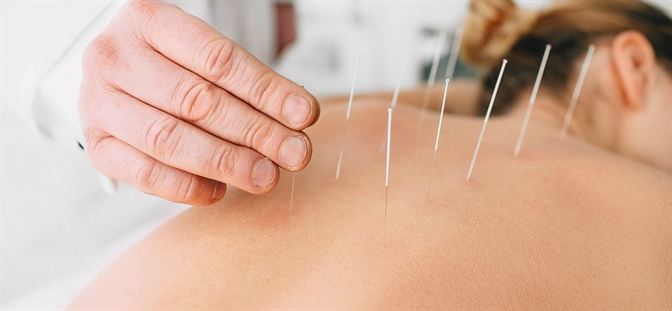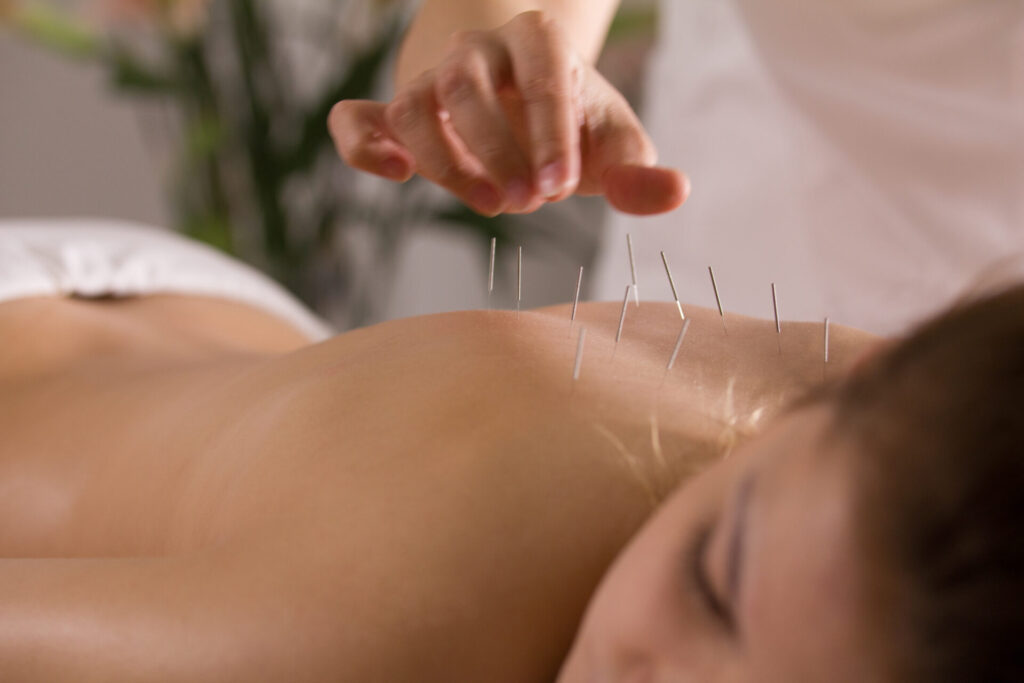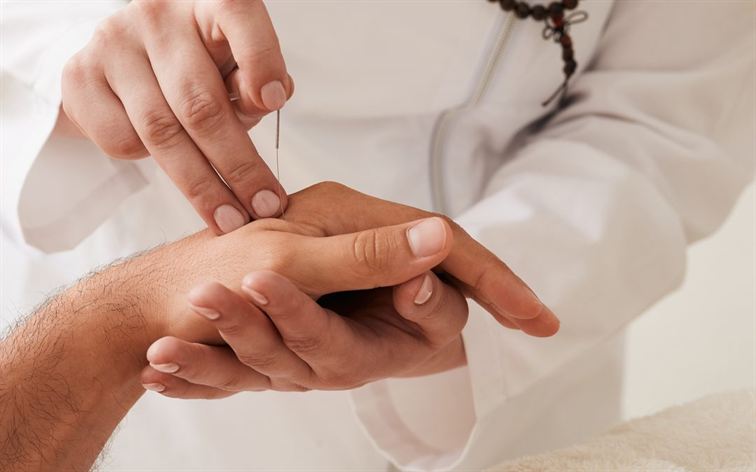Feeling overwhelmed, stressed, or stuck in a cycle of anxious thoughts? You’re not alone. Anxiety disorders affect millions worldwide, making them among the most common mental health conditions. While conventional treatments like therapy and medication remain important options, many people are turning to acupuncture for anxiety; an ancient practice with modern scientific backing for relief.
So, why does acupuncture work for anxiety? Here are seven powerful reasons backed by both traditional wisdom and contemporary research.
1. Regulates Your Nervous System

Acupuncture has a remarkable ability to balance your autonomic nervous system—the control center for your body’s stress response. When your body is under stress, the hypothalamus releases neurochemicals, and research shows that acupuncture can effectively calm this response. This helps shift you from “fight-or-flight” mode (sympathetic nervous system) to “rest-and-digest” mode (parasympathetic nervous system).
By stimulating specific acupuncture points, practitioners can activate neural pathways that promote relaxation and reduce the physiological symptoms of anxiety such as rapid heartbeat, shallow breathing, and muscle tension. Clinical evidence shows that acupuncture decreases the stress response in both humans and animals, which can help improve heart rate variability—a key indicator of your body’s ability to handle stress.
2. Reduces Stress Hormones
Chronic anxiety often correlates with elevated levels of stress hormones like cortisol, which can wreak havoc on both mental and physical health when they remain high for extended periods. Research has shown that acupuncture can reduce cortisol levels by up to 30% in patients who received treatment compared to those who did not.
Acupuncture has been shown to both lower stress hormones when they’re high and raise chronically depressed cortisol as well. Even more impressive, after acupuncture, patients may experience lower cortisol production for as many as 7 days. This hormonal regulation helps create both immediate relief and longer-term resilience against stress.
3. Improves Sleep Quality

The relationship between anxiety and sleep problems is bidirectional—anxiety disrupts sleep, and poor sleep worsens anxiety. Breaking this cycle is crucial for mental health, and acupuncture appears to help on both fronts.
Studies show that acupuncture can improve various aspects of sleep including reduced sleep latency (the time it takes to fall asleep), increased sleep efficiency, enhanced sleep duration and quality, and resolution of insomnia symptoms. By addressing sleep issues, acupuncture helps reduce one of the major contributors to daytime anxiety.
Researchers have found that acupuncture may help regulate melatonin production and other sleep-related hormones, which leads to more restful sleep patterns and reduced nighttime anxiety. Acupuncture has also been shown to be safe for long-term use without the side effects that can accompany sleep medications.
4. Promotes Emotional Balance Through Neurotransmitter Regulation
Anxiety disorders are often linked to imbalances in brain chemicals called neurotransmitters. Acupuncture can help regulate neurotransmitters such as serotonin and dopamine, which play a crucial role in mood regulation and anxiety management.
By affecting neurotransmitter levels such as serotonin and dopamine, acupuncture can positively influence emotional states and reduce cravings—which explains why it’s sometimes used for issues like smoking cessation as well. These same mechanisms contribute to its anxiety-reducing effects.
Acupuncture increases levels of natural calming chemicals (like GABA and endorphins), balances neurotransmitters like serotonin and dopamine, reduces stress hormones like cortisol, and shifts the body into a more relaxed state via the parasympathetic nervous system. This multifaceted approach helps explain the comprehensive relief many people experience.
5. Addresses Physical Symptoms of Anxiety
Anxiety doesn’t just affect your mind—it often causes physical symptoms like tension, headaches, digestive issues, or a racing heart. Acupuncture’s whole-body approach means it targets both the mental and physical manifestations of anxiety simultaneously.
Chinese Medicine treatments for anxiety help reduce symptoms by acting upon the nervous system, regulating heart rate and blood pressure, and facilitating the release of serotonin, endorphins, and noradrenaline—substances known to alleviate both emotional and physical pain.
By treating physical tension points in the body, acupuncture can break the physical feedback loop that reinforces anxiety. When your body feels more relaxed, your mind often follows.
6. Offers Highly Personalized Treatment
Unlike one-size-fits-all approaches, acupuncture treatments are customized to address your specific anxiety symptoms and underlying imbalances according to Traditional Chinese Medicine principles.
Traditional Chinese Medicine recognizes that not all anxiety presents the same way, so therapeutic approaches are modified according to your unique physiology and symptoms. Practitioners look at different patterns of symptoms along with tongue and pulse diagnosis to identify the root cause and which body systems are most affected.
This personalized approach means that treatment plans are tailored specifically to your needs. Specific acupuncture points like Shenmen (a point on the wrist) and Hegu (a point between the thumb and index finger) have been shown to help manage anxiety symptoms and improve patients’ mood. However, the exact combination of points used will depend on your particular manifestation of anxiety.
7. Supported by Growing Research Evidence
While acupuncture has been used for thousands of years, modern scientific research is now validating its effectiveness for anxiety disorders.
A 2016 systematic review with over 400 randomized patients concluded that “the effects from acupuncture for treating anxiety have been shown to be significant as compared to conventional treatments.” The largest of these studies found that acupuncture had a large effect on reducing anxiety and depression compared to conventional treatment involving pharmacological approaches and psychotherapy.
A 2021 research review focused on acupuncture’s effectiveness for generalized anxiety disorder found potential benefits compared to various alternatives including anti-anxiety medications and other traditional therapies. While more research is still needed, the existing evidence is promising.
A meta-analysis of twenty randomized controlled trials showed that acupuncture had a better effect on anxiety symptoms than control conditions, demonstrating good tolerance and safety in the treatment of anxiety disorders.
Finding the Right Acupuncture Treatment for Your Anxiety
If you’re considering acupuncture for anxiety, here are some important steps to take:
- Find a qualified practitioner: Look for a licensed acupuncturist with experience treating anxiety disorders.
- Discuss your symptoms in detail: The more your practitioner knows about your specific anxiety manifestations, the more personalized your treatment can be.
- Commit to a treatment plan: While some people experience immediate relief after a single session, anxiety treatment typically requires multiple sessions over several weeks for optimal results.
- Continue other treatments as directed: Acupuncture works well alongside conventional treatments like therapy and medication. Always consult with your doctor before making any changes to your treatment plan.
- Consider lifestyle adjustments: Your acupuncturist may suggest complementary practices such as breathing exercises, dietary changes, or physical activities to enhance the effects of your treatment.
Acupuncture offers a holistic approach to managing anxiety that addresses both mind and body. For many people, it provides relief with fewer side effects than medications and complements other treatment approaches. As research continues to validate this ancient practice, acupuncture is becoming an increasingly recognized option in the integrative treatment of anxiety disorders.

Whether you’re looking for an alternative to conventional treatments or a complementary approach to enhance your current therapy, acupuncture’s evidence-based benefits make it worth considering as part of your anxiety management strategy.



